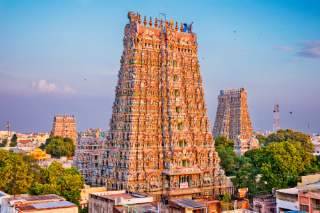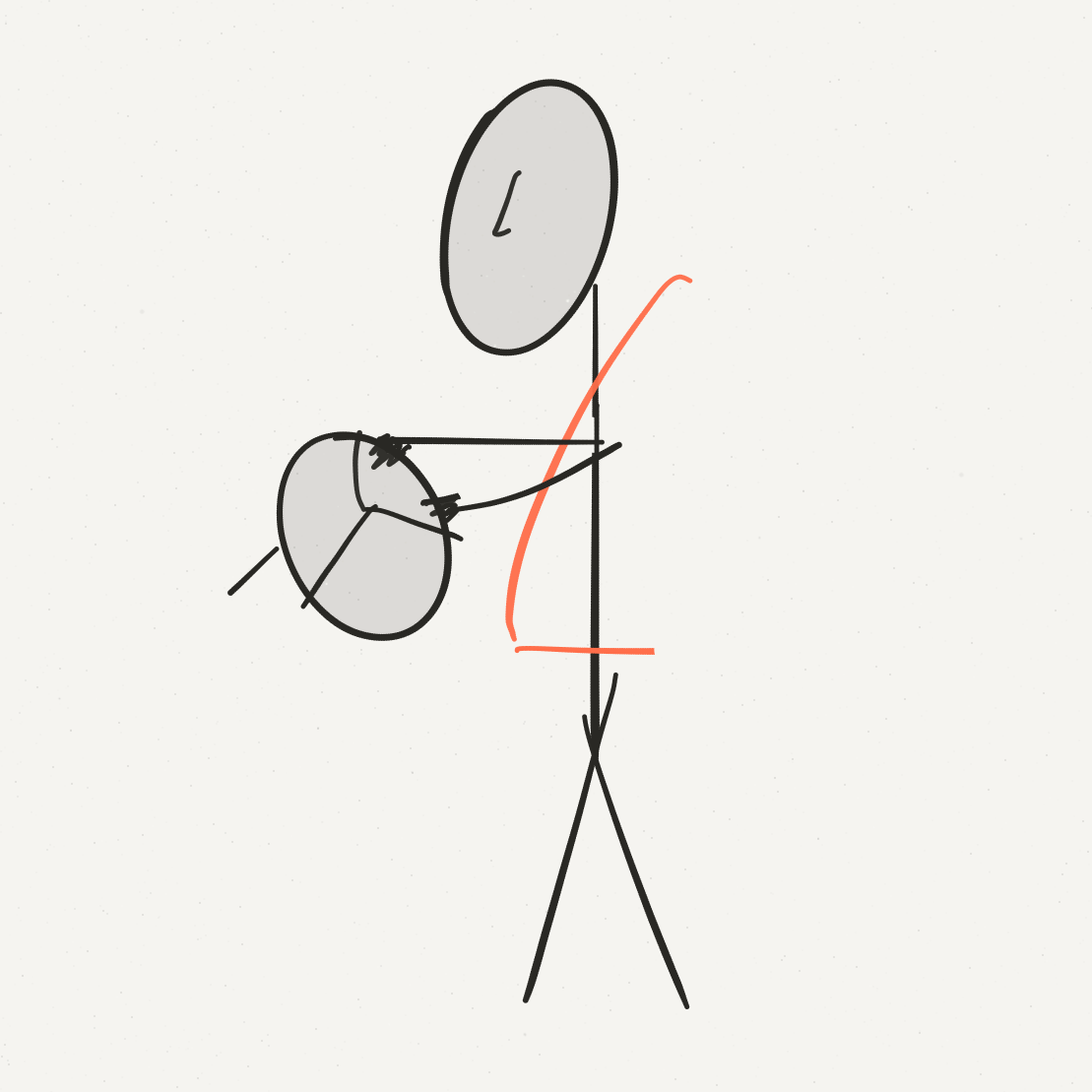
Credit to the NYTimes for realizing that Tamil Nadu is not only overlooked, but is where it’s at!
(via 52 Places to Go in 2016 - The New York Times)

Credit to the NYTimes for realizing that Tamil Nadu is not only overlooked, but is where it’s at!
(via 52 Places to Go in 2016 - The New York Times)

A view from Los Gatos
Could not agree more with this post by Fred Wilson. One of the things we told PMs at eBay is "You are the CEO of the product". It is great training to become the CEO of the company.
It’s not really different from what we look for in startup founders. Most of the time, the founders we back come from product backgrounds. They have a track record of building and shipping products. They are technical and can go toe to toe with their engineering team. They understand where technology is headed and they understand how software products are made and evolve. When young people tell me they want to start or run a tech company, I always tell them to go work in product at a big tech company. I believe that product is the heart and soul of tech companies, it is where it all comes together. You can’t build a great company without great products (or great people).

Can he see me too?

So much history
“I don’t know why they buy the ticket or come to the theater if they can’t let go of the phone. It’s controlling them. They can’t turn it off and can’t stop looking at it. They are truly inconsiderate, self-absorbed people who have no public manners whatsoever.” Hold the Phone, It’s Patti LuPone - The New York Times I was once at a Carnatic music concert during the December Season and the women on either side of me were both texting. One of them would send 5 text messages, then look up a the musician and say “ahaa, ahaa” in appreciation and return to more texting. I don’t know why they came.
-
I'm bought into the whole standing and working thing. I don't do it enough, but sitting hurts my back and I feel better when I stand.
While this is starting to be a fixable problem in the work environment, one place where there is no alternative is the car (or any kind of transport). Why can't we stand and drive?
 Or how about seats like this where you are sit-standing? Even this, would be a huge improvement over the one option we have today.
Or how about seats like this where you are sit-standing? Even this, would be a huge improvement over the one option we have today.
 Cars would get taller, yes. That's bad for aerodynamics, so the designs would have to change around them.
The only other alternative is where you are almost reclining, like a race car driver - but I'm not sure people want to crawl into their cars.
I hope someone in the car industry is thinking about this as they rework most of the other things about how cars and transportation work.
*Image of standing driver made in Paper by FiftyThree
*Sit-stand seat is the Focal Seat
Cars would get taller, yes. That's bad for aerodynamics, so the designs would have to change around them.
The only other alternative is where you are almost reclining, like a race car driver - but I'm not sure people want to crawl into their cars.
I hope someone in the car industry is thinking about this as they rework most of the other things about how cars and transportation work.
*Image of standing driver made in Paper by FiftyThree
*Sit-stand seat is the Focal Seat

Many came prepared to relive the 60s and 70s #gratefuldead #levisstadium

Grateful Dead at Levi’s Stadium
Yes, Silicon Valley does amazing things - creates and changes industries, impacts people, imagines the future. Given that, one can either look at the rest of the country as a burden or an opportunity. One can either say "screw them, let's move forward alone" or say "let's help everyone move forward". The latter path is, obviously, much more painful. What I love about the tech folks working in Obama's "Stealth Startup" is that they are choosing that path.
Oh, and the stories about Weaver. "First name is Matthew," Weaver says, sitting on a cheap couch in a makeshift office near the White House. But no one calls him Matthew, he explains, since there are too many Matthews in any given room at any given moment. Even among D.C.’s new technorati, people view Weaver as someone separate from the fray. Maybe it’s because he once lived in a camper in the Google parking lot without going home for an entire year. Maybe it’s because he was the one guy who, if he didn’t answer an emergency call, the whole search engine might go down. Or maybe it’s because in a group of brilliant engineers, Weaver, as one of his new colleagues puts it, stands out as "someone who is, like, superhero-fucking-brilliant." Recruited from California last year by these guys Mikey and Todd to work on the broken Healthcare.gov website, Weaver decided this year to stay in D.C. and leave behind the comfort of Google and a big pile of stock options. He recalls it in terms that suggest the transfixing power of a holy pilgrimage. "That"—he says, meaning the Healthcare.gov fix-it work—"changed my life in a profound way. It made it feel like all my accomplishments in my professional life meant very little compared to getting millions of people through the hospital doors for the first time. And that made me see that I could never do any other work without a public impact." Weaver now spends his days in the guts of the Veterans Administration, helping the agency’s digital team upgrade their systems and website—and trying to reboot the way government works. As an early test to see if he could challenge the VA’s protocol, he insisted, successfully, that his official government title be Rogue Leader. And so he is: Rogue Leader Weaver.